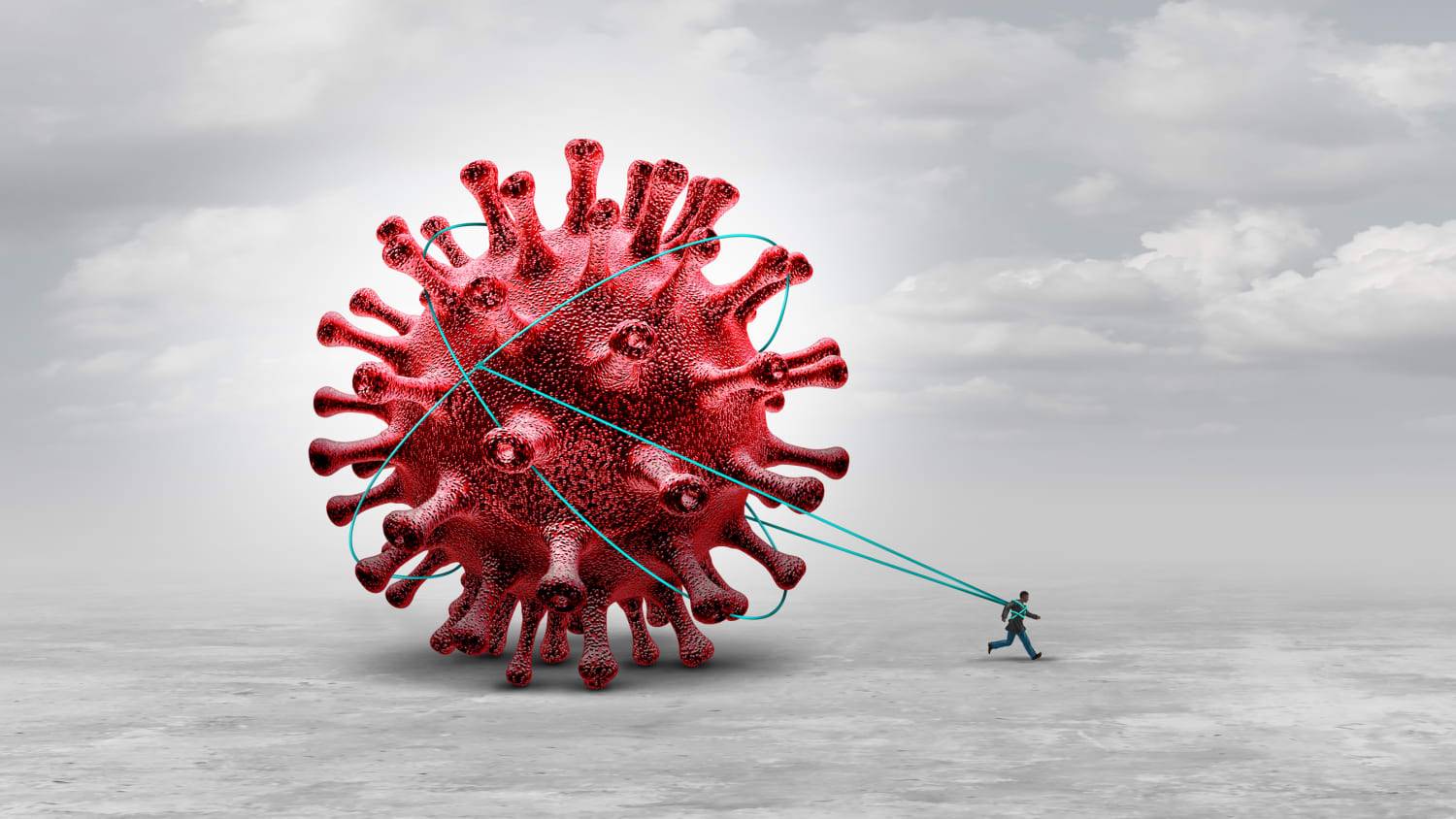Understanding Long COVID: New Insights You Shouldn’t Ignore
The COVID-19 pandemic has left a lingering impact beyond its initial waves, with many people experiencing long-term symptoms even after recovering from the acute phase of the virus. Known as Long COVID, or post-acute sequelae of SARS-CoV-2 infection (PASC), this condition affects millions worldwide. Let’s dive into what Long COVID is, its symptoms, the science behind it, and how to navigate its challenges.
What is Long COVID?
Long COVID refers to a range of symptoms that persist for at least three months after recovering from the initial COVID-19 infection. It can affect anyone, regardless of the severity of their original illness, and is characterized by ongoing health issues that can last months or even years. According to the CDC, about 10–30% of COVID-19 survivors may develop long COVID, impacting their quality of life.
Common Symptoms of Long COVID
Long COVID symptoms vary widely but commonly include:
- Fatigue: Persistent exhaustion that doesn’t improve with rest.
- Brain Fog: Difficulty concentrating, remembering, or thinking clearly.
- Post-Exertional Malaise: Worsening symptoms after physical or mental activity.
- Respiratory Issues: Chronic cough, shortness of breath, or chest pain.
- Neurological Problems: Headaches, dizziness, and even abnormal muscle movements.
- Loss of Taste or Smell: Lingering changes in sensory perception.
- Gastrointestinal Issues: Persistent stomach pain or changes in bowel habits
Long COVID can affect multiple organs, including the heart, lungs, and brain, making it a multi-system condition that requires comprehensive care.
Who is at Risk?
While anyone can develop Long COVID, certain factors increase the likelihood:
1. Severity of Initial Illness: Those hospitalized or who had severe COVID-19 symptoms are at higher risk.
2. Unvaccinated Individuals: Studies suggest that unvaccinated people are more likely to experience long-term symptoms compared to those who were vaccinated before infection.
3. Pre-Existing Conditions: Individuals with chronic illnesses like diabetes or autoimmune disorders maybe more vulnerable.
4. Multiple Infections: Reinfections with COVID-19 appear to increase the chances and severity of Long COVID symptoms.
What Causes Long COVID?
The exact mechanisms behind Long COVID remain under investigation, but researchers have identified several potential contributors:
- Immune System Dysregulation: Overactive immune responses may lead to inflammation and damage to healthy tissues.
- Viral Persistence: In some cases, remnants of the virus may linger in the body, continuing to trigger symptoms.
- Neurological Changes: Alterations in brain pathways and chronic inflammation may explain symptoms like brain fog and fatigue.
- Reactivation of Other Viruses: Long COVID has been linked to the reactivation of dormant viruses like Epstein-Barr, which can exacerbate symptoms.
Current Research and Insights
The NIH RECOVER Initiative is spearheading efforts to understand Long COVID. Recent studies have categorized it as a "syndrome of syndromes," indicating that it encompasses distinct clusters of symptoms requiring tailored approaches. Researchers have identified 12 key symptoms that help diagnose Long COVID and are working on treatment trials to address its challenges.
Managing Long COVID
Living with Long COVID can be challenging, but several strategies can help:
1. Seek Medical Support
- If you suspect Long COVID, consult healthcare providers experienced in post-viral illnesses. They can recommend tests and treatments to address specific symptoms.
2. Monitor Your Symptoms
- Keep a journal to track symptoms, triggers, and their severity. This information helps doctors create a personalized care plan.
3. Adopt a Gradual Recovery Plan
- Avoid overexertion. Pacing activities and gradually increasing physical and mental tasks can prevent worsening symptoms.
4. Nutrition and Hydration
- A balanced diet with anti-inflammatory foods and proper hydration supports overall health and recovery.
5. Mental Health Support
- Managing the emotional toll of chronic symptoms is vital. Therapy, mindfulness practices, and support groups can provide relief.
Prevention is Key
- Vaccination and following public health guidelines, such as mask-wearing and avoiding crowded places, remain the most effective ways to reduce the risk of developing Long COVID.
Final Thoughts
Long COVID is a complex and evolving condition, affecting millions of people worldwide. While research continues to uncover its mysteries, understanding the symptoms, seeking support, and advocating for comprehensive care can help individuals manage its effects. By staying informed and proactive, those with Long COVID can work toward recovery and a better quality of life.



